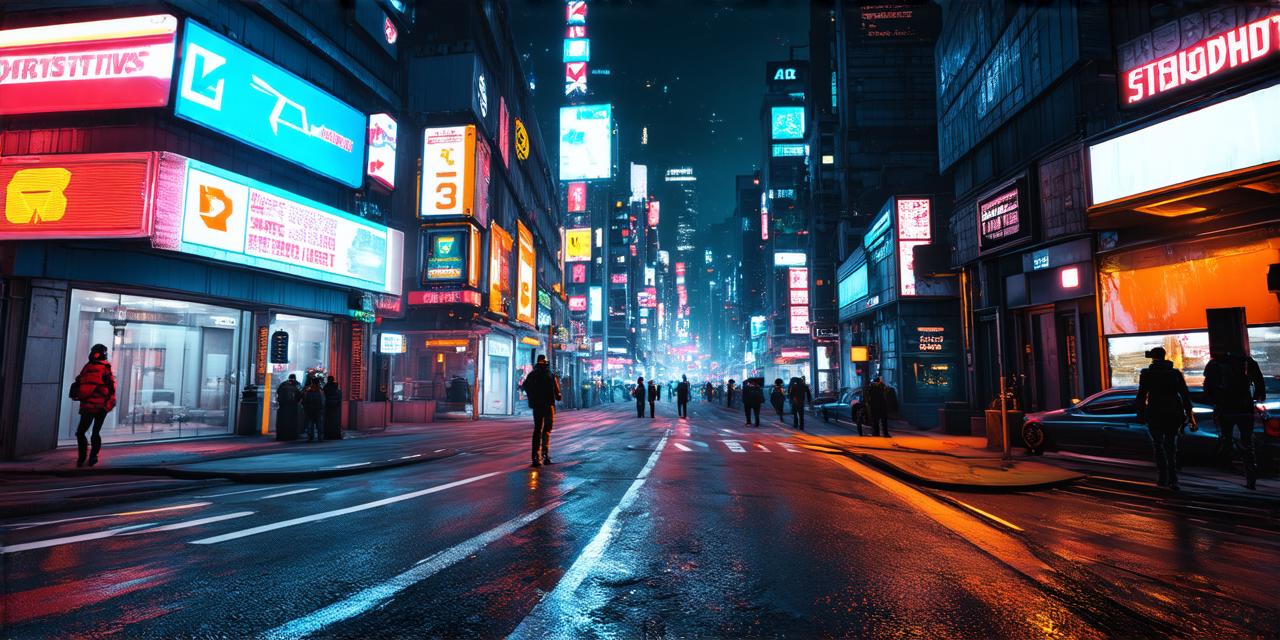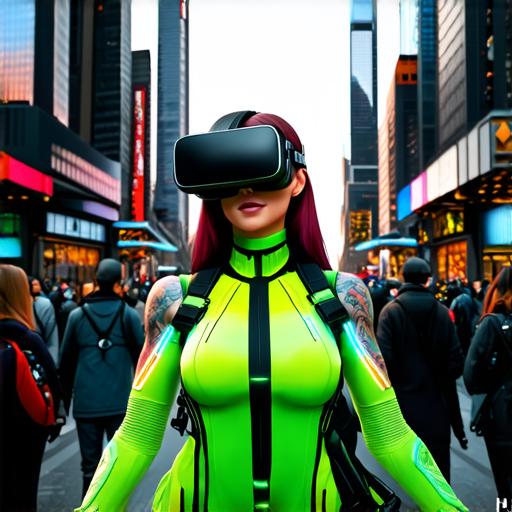
Film where individuals reside in a virtual reality environment.
As technology advances, filmmakers are increasingly exploring ways to incorporate virtual reality (VR) into their work. By immersing viewers in a VR environment, films can create a more realistic and engaging experience than traditional 2D cinema.
Films That Use Virtual Reality
One of the most well-known examples of a film that uses VR technology is “The Climb” (2016). This short documentary tells the story of two climbers scaling El Capitan in Yosemite National Park. The film was shot using 360-degree cameras, which allowed viewers to experience the climb as if they were actually there.
Another example of a film that uses VR technology is “A Trip to the Moon” (2019). This documentary follows astronauts on a journey to the moon and offers viewers an unprecedented look at what it’s like to be in space. The film was shot using a combination of 360-degree cameras and drones, allowing viewers to experience the beauty and wonder of space from multiple perspectives.
The Benefits of Virtual Reality in Film
Virtual reality technology offers several benefits to filmmakers, including:
- Increased Realism: By immersing viewers in a VR environment, films can create a more realistic experience than traditional 2D cinema. Viewers can feel as if they are actually in the scene, which can enhance the emotional impact of the film.
- Greater Engagement: VR technology offers a highly engaging experience for viewers, as they are able to explore every aspect of the film’s world. This increased engagement can lead to a more memorable and impactful viewing experience.
- Enhanced Storytelling: Virtual reality technology allows filmmakers to tell stories in new and innovative ways. By creating immersive environments and unique perspectives, films can offer viewers a fresh take on familiar stories.

The Future of Virtual Reality in Film
As VR technology continues to improve, it is likely that we will see more films incorporating this technology into their work. The possibilities for storytelling and immersion are virtually limitless, and filmmakers are only beginning to explore the full potential of VR. As viewers, we can look forward to a future where film offers even more engaging and immersive experiences.
Summary
Virtual reality technology is revolutionizing the way we experience film. By offering increased realism, greater engagement, and enhanced storytelling, films that use VR technology offer a unique and unforgettable viewing experience. As technology continues to advance, we can expect to see even more innovative uses of VR in film in the years to come.


